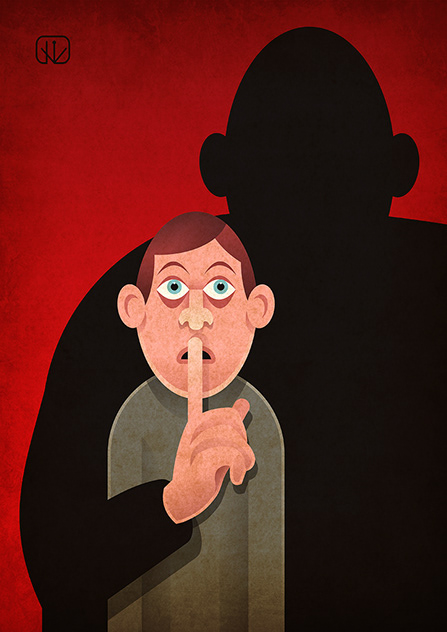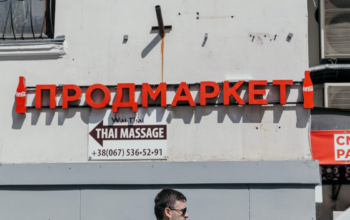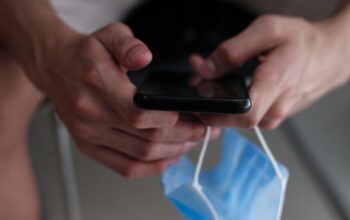President Donald Trump of the United States of America became the first president to achieve many things. He was the first US president to be impeached twice, and his administration was the first to declare that China was committing genocide on Uighurs, but now I am talking about Trump being the first world leader to be permanently suspended from Twitter.
Trump supporters stormed the halls of the United States Capitol on January 6th, and their agenda was to stop the inauguration of Joe Biden. Soon after the coup, Trump’s Twitter account was first suspended for twelve hours, and then for good, as he continued to violate the community rules of the platform.
Multiple social media platforms followed Twitter’s example and suspended Trump’s accounts. We are having this discussion because permanently suspending a person of authority is considered a threat to the freedom of speech. The concern is valid. The common social media platforms, especially Twitter, are crucial to the hectic politics of the modern world; it is there where the political debate is the most heated. So, is it right to suspend a political leader permanently?
What is freedom of speech? What is it not?
Freedom of speech essentially means that any individual should have the right to express their thoughts and feelings without fear of sanctions. The right is universal, so it applies to everyone regardless of status, race, religion et cetera. There is a limitation to it, though. Freedom of speech should not be exercised to harm. A very important question to this is that who decides when someone or something has been harmed. One would think that the person who is harmed decides if they have been harmed, but then there is the question of people who cannot reply or, for example, non-human entities like nature. Who decides for them?
Twitter decided for the people who were injured in the coup of Capitol. Five people died in the attack, and Twitter understood President Trump’s tweet on the 8th of January about not joining President Biden’s inauguration was an invitation for his supporters to be violent. Trump’s use of words was interpreted as violating the platform’s glorification of violence policy.
Yes, Twitter can decide, and they did right to protect American citizens from further acts of violence. However, this does not mean that there should not be a more democratic way to decide. The board of Twitter who presumably called the shot to suspend Trump’s account was not selected democratically, and should not, therefore, have the right to take away the freedom of expression, even from Donald Trump.
On the other hand…
The Russian opposition leader Alexei Navalny travelled back to his home country from Berlin where he was treated after having been poisoned in August 2020. Navalny was immediately detained upon his arrival on the 17th of January, and he soon posted a video on Twitter where he urged his supporters to “take it to the streets” because of his jailing. The protests were unauthorized, but successful, as the demonstration was organized in 100 Russian cities and there were 40,000 participants only in Moscow.

It is no surprise, then, that someone got hurt in the protests; Navalny must have known that the riots were unauthorized and would be met with violence. Videos show how the police are dragging people and using batons relentlessly. For the western democrat, it seems obvious that Navalny, Putin’s arch-rival, would not be banned for social media. That would be a victory for tyranny. But essentially, Navalny and Trump used Twitter for the same: for rallying supporters to protest against the government. It can be that Navalny’s tweets were not seen “to incite violence”, as Trump’s tweets were, according to Twitter’s blog post on Trump’s suspension. That, though, is problematic, that there is no universal guideline to fall back on.
Of course, Trump was not banned solely because of the tweet to join him on the 6th, but also because of the countless times he posted fake news on the platform. A certain president of Russia would argue that Navalny has also posted fake news, as the opposition leader recently uploaded a video to Twitter exposing Putin’s palace of corruption. Putin denies that the palace is his or any of his close relatives. The media in the United States seems to have agreed that Trump often tweeted lies. The same could be said about the Russian media breaking the news of Navalny’s accusations, as Pravda and Russia Today repeat Putin denying that the palace is his. American media agrees that Trump posted lies, and Russian media that Navalny posted lies, but the reception is very different.
There needs to be a universal guideline for social media usage, which states when a person has crossed the line of what is accepted. The board of directors of tech giants should not be the ones who decide who has the right to be heard. There are many questions regarding the universal guideline for social media that I am suggesting, such as who should be trusted to tell the truth i.e. who says what is “fake news”. Russian media argues against Navalny’s allegations of Putin’s Palace, but the allegations are still not put down by Twitter as lies.
Navalny joined the suspension discussion
Navalny himself responded to the suspension of President Trump negatively by saying that it “is an unacceptable act of censorship”. He says that Twitter’s decision to suspend Trump is based on personal political views. Therefore it can be said that the decision was not democratic. But does it even have to be in a private company? I think so, as they carry so much power in the public speech arena where freedom of speech is exercised. It is a slippery slope that Twitter has entered, as with permanently suspending Trump they open the possibility to suspend other people who do not follow the prevailing ideology. Silencing people is too great a power for any company to have.
No matter how much I disagree with Trump’s views, he, too, has the right to be heard. Imagine if Navalny was suspended. How radically would the Western world react to silencing the one figure who is against the all-mighty Vladimir Putin? In a democratic world, everyone needs to be heard, regardless of views. In a democratic world, everyone is treated equally, and with the universal guideline of social media usage, the same rules would be applied to everyone, regardless of power they possess.
Related articles:
The Social Network of Ethnic Conflict
Photo credits:
Tech/Book Special NRC Handelsblad, by Jenna Arts, CC BY-NC-ND 4.0
Freedom of Speech, by Vladan Nikolic, CC BY-NC-ND 4.0







